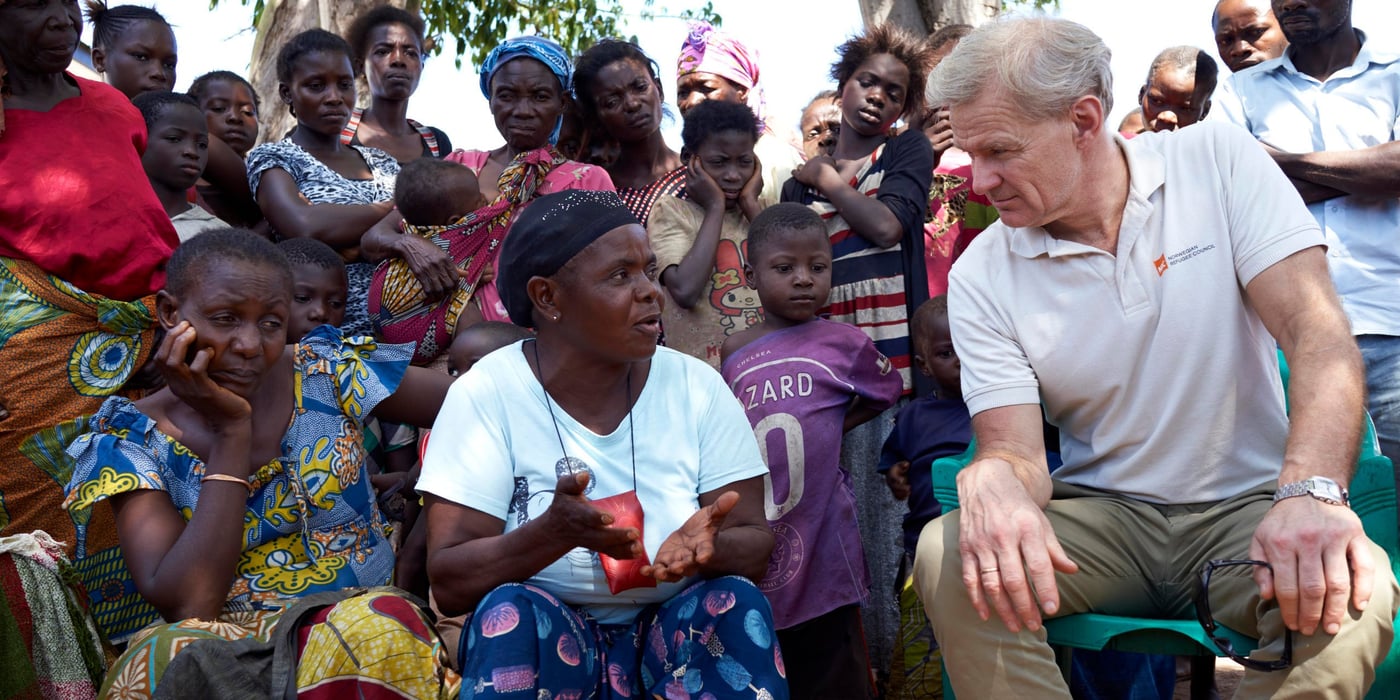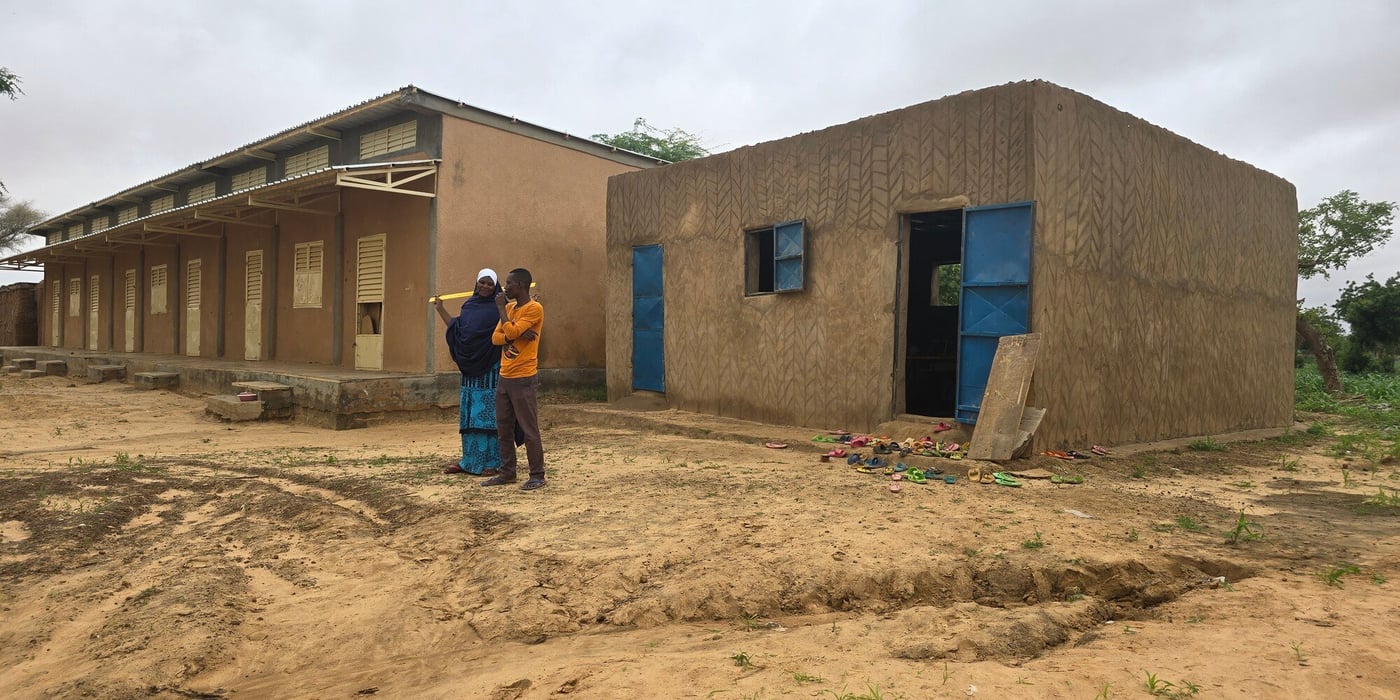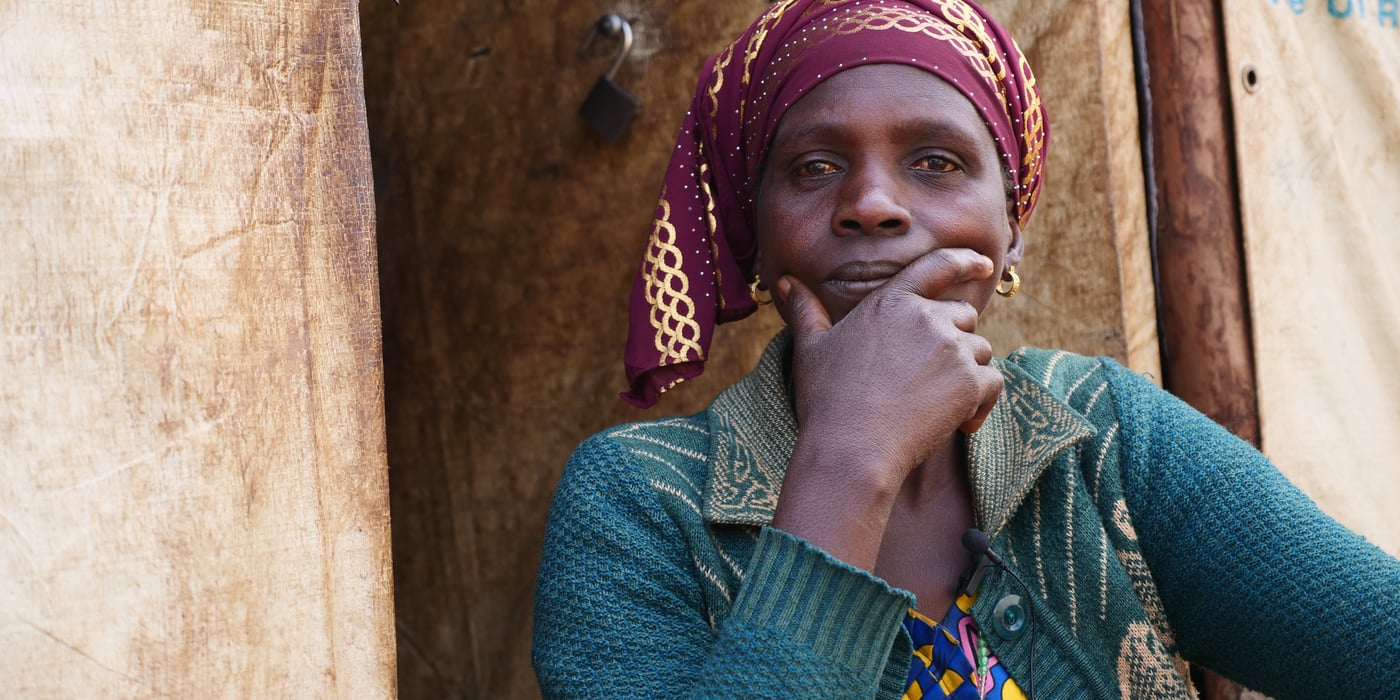
More than 13 million people are now in desperate need of humanitarian assistance in DR Congo where violent conflicts have spread to new parts of the country.
On Friday 13 April, the international community will gather in Geneva for a DR Congo pledging conference. The Norwegian Refugee Council calls for a quadrupling of the current support, to ensure affected communities receive immediate aid.
“We cannot afford the pledging conference to be an ‘all talk and no action’ kind of event,” said the Secretary General of the Norwegian Refugee Council Jan Egeland. “The international community needs to wake up. Today, the lack of funds is already affecting humanitarian operations. Our teams in North Kivu have seen peer agencies pulling out or scaling down, while the needs are increasing.”
“The stakes are incredibly high in DR Congo. Continued inaction would be measured in loss of civilian lives,” he added.
Last year only 56 per cent of the US$813 million humanitarian appeal was funded. This means that nearly half of the humanitarian assistance needed was never provided to affected communities. In many areas, families who did receive assistance would only get it once — going months without enough food, shelter and sanitation facilities. Now, with exploding needs, the humanitarian actors are calling for $1.7 billion.
Currently, more than 5 million people have fled their homes and are internally displaced or have sought safety in neighboring countries. Yet, the international response has not matched the gravity of the situation.
“There is no excuse for doing nothing. There are 13 million reasons to care about DR Congo. Those lives are just as important and just as worthy as the lives anywhere else in the world,” said Egeland.



